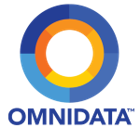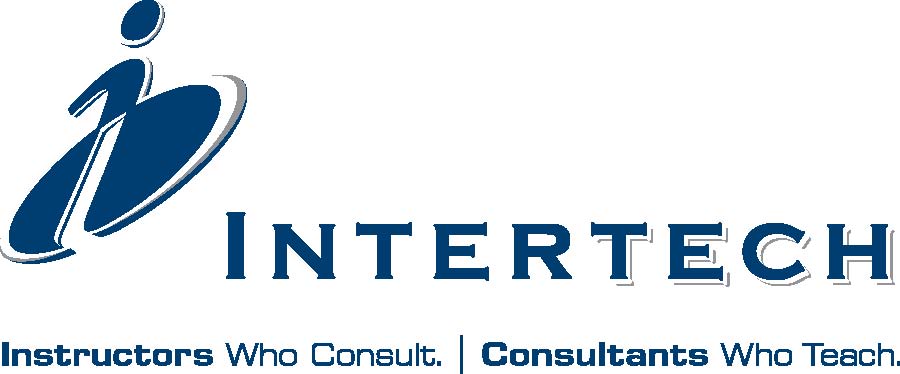Arnie Rowland
Table Partitioning: Beyond the Basics
You’ve read about table partitioning; you know that partitioning ‘promises’ to solve some performance issues, make backups -and even restores, faster, and, wait, wait, there’s more! Perhaps you have worked through demo code and set up a POC scenario. It looks good, like maybe it would solve some of the problems your organization faces.
But …
You’re just not sure how to pull it off. Sure, the demo code made it seem easy -and it will always be realtively simple for new tables, new data. You have a handle on the ‘basics’. However, your production database has very large tables, hundreds of millions, or even billions, of rows. The SLA does not allow much, if any, downtime.
This session will look at how Table Partitioning can be introduced into existing production environments with little or no downtime And we will explore the ‘real’ performance and maintenance benefits that can be harvested. So, if you want to move beyond the ‘Basics’, don’t miss this session.
 Arnie [LinkedIn] is a Data Architect, Consultant and Trainer specializing in developer/development issues related to SQL Server. Clients include Fortune 100 enterprises, large scale NGOs, as well as domestic and foreign governments. In addition to founding and facilitating the Oregon SQL user group, he is a SQL Server MVP (for 10 years), a PASS Regional Mentor, a senior moderator for the Microsoft MSDN SQL Server Forums, member of the Microsoft TechNet Wiki Community Council, and co-founder of Portland Code Camp.
Arnie [LinkedIn] is a Data Architect, Consultant and Trainer specializing in developer/development issues related to SQL Server. Clients include Fortune 100 enterprises, large scale NGOs, as well as domestic and foreign governments. In addition to founding and facilitating the Oregon SQL user group, he is a SQL Server MVP (for 10 years), a PASS Regional Mentor, a senior moderator for the Microsoft MSDN SQL Server Forums, member of the Microsoft TechNet Wiki Community Council, and co-founder of Portland Code Camp.
Refreshments graciously provided.
Featured Sponsor: Red Gate
Visit our website for more details.
Rob Boek
Dev and Test Environments
Rob will discuss how to set up and configure Dev and Test environments for SQL Server.
 Rob (LinkedIn | Twitter) is a Database Administrator, Developer, Consultant and Microsoft Certified Trainer. Rob has very broad knowledge that spans from software development to systems administration, and has a deep knowledge of SQL Server. Rob has worked with SQL Server since version 6.5, and has supported environments with hundreds of SQL Servers, and databases as large as 100 TB.
Rob (LinkedIn | Twitter) is a Database Administrator, Developer, Consultant and Microsoft Certified Trainer. Rob has very broad knowledge that spans from software development to systems administration, and has a deep knowledge of SQL Server. Rob has worked with SQL Server since version 6.5, and has supported environments with hundreds of SQL Servers, and databases as large as 100 TB.
We wish to acknowledge the OSHU Information Technology Group for supporting Oregon SQL by generously providing the meeting venue.
 Don’t miss this meeting!
Don’t miss this meeting!


